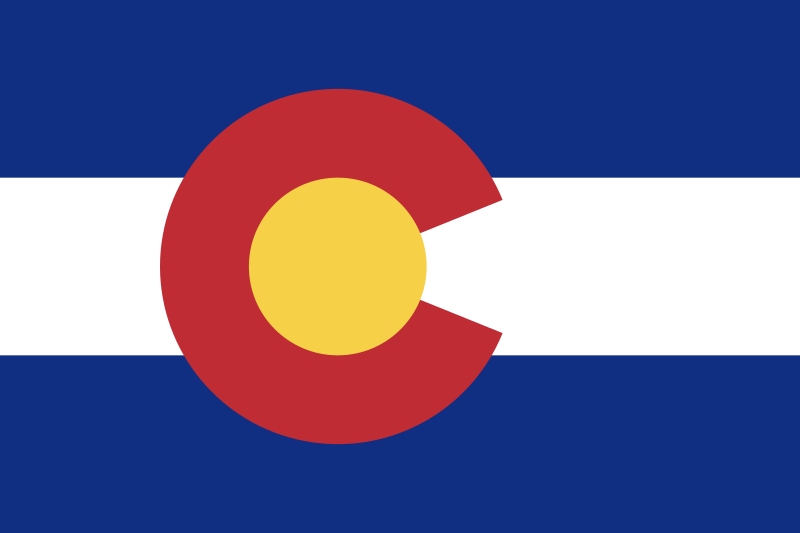The Colorado State Legislature passed a bill, which requires state voter approval in November, that would enact an 11% retail sales tax on firearms dealers, manufacturers, and ammunition vendors. Revenue generated from the tax would be appropriated to the Firearms and Ammunition Excise Tax Cash Fund and would be used to fund crime victim services programs, education programs, and mental and behavioral health programs for children and veterans.
State Rep. Monica Duran (D-23), who sponsored the bill in the House, said the bill is intended to raise state revenue and not to discourage gun ownership, "It's not removing anything. It's not impacting anyone's Second Amendment rights whatsoever. This is really looking at keeping those services available that families, parents and kids need," she said.
The National Rifle Association's Institute for Legislative Action has come out in opposition to the measure, saying, "This tax should be seen as nothing more than an attack on the Second Amendment and those who exercise their rights under it."
The measure requires a simple majority statewide vote of approval under TABOR since it would increase state revenue.
TABOR limits the amount of money the state of Colorado can take in and spend. It limits the annual increase for some state revenue to inflation plus the percentage change in state population. Any money collected above this limit is refunded to taxpayers unless the voters allow the state to spend it.
The bill was passed in the Senate along partisan lines with all 12 Republicans voting against. Of Senate Democrats, 18 voted in favor, three voted against, and two were absent. In the House, Republicans were split with six in favor and 10 opposed while all but one Democrat voted in favor.
The federal government taxes the sale of guns and ammunition at 10% and 11% depending on the type of firearm purchased. California is the only other state that has added an additional 11% tax to firearms sales.
Since 1992, when TABOR was adopted, through 2023, Colorado voters have decided on 38 statewide ballot measures that were designed to increase revenue for the state, which required voter approval under TABOR. Of the 38 measures, 12 (31.58%) were approved and 26 (68.42%) were defeated.
Of the 38 measures, 19 were referred to the ballot by the state legislature and 19 were placed on the ballot through citizen initiative petitions.
- Of the 19 referred measures, 11 (57.89%) were approved and eight (42.10%) were defeated.
- Of the 19 citizen-initiated measures, one (5.26%) was approved and 18 (94.74%) were defeated.



